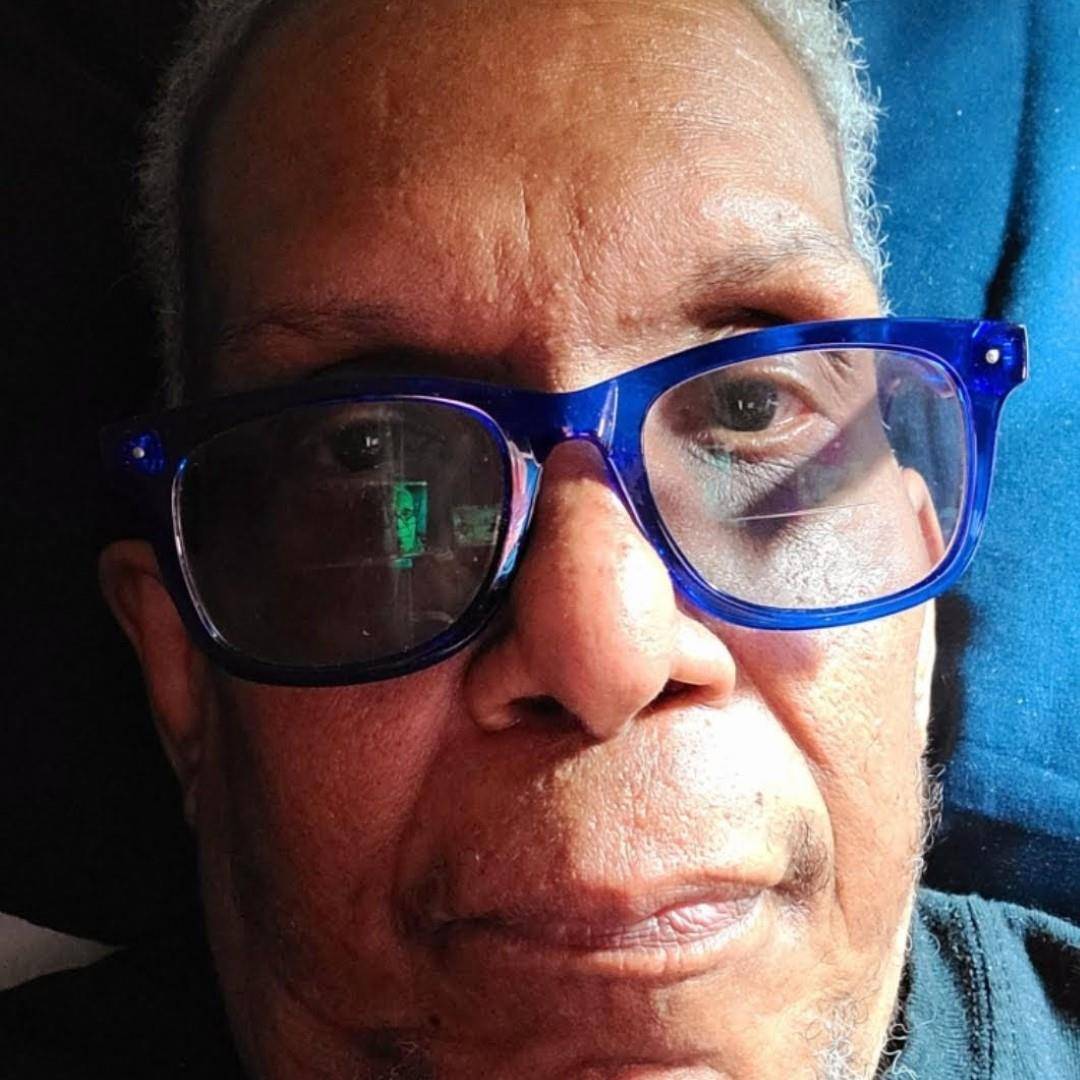Advantages of Decentralization for Web3 Musicians
JOIN OUR COACHING PROGRAM AND DISCOVER HOW TO MAKE MONEY MAKING MUSIC
The decentralization of music rights and royalties through blockchain technology offers several significant benefits to musicians, fundamentally changing how musicians manage your work and earnings. Here's a concise overview:
Direct Control and Ownership
Decentralization allows musicianslike you to retain direct control over yyour music rights and royalties. By bypassing traditional intermediaries like record labels and distribution platforms, you can manage your own music catalogs, deciding how, when, and at what price your music is sold or streamed.
Fair and Transparent Compensation
Blockchain technology enables the creation of smart contracts, which are automated, self-executing contracts with the terms directly written into code. This ensures that you are paid instantly and fairly, as royalty distributions are transparent and automatic, reducing the likelihood of disputes and the need for manual verification.
Reduced Costs
By eliminating the middlemen from the distribution process, you can significantly reduce the costs associated with publishing and distributing your music. This not only increases your profit margins but also allows you to create more music products and offer your music products at more competitive prices, potentially reaching a wider audience.
Global Access
Decentralization democratizes access to the music market. As an Independent artist you can access global distribution channels like major label artists like Beyonce and Jay Z, without the need for significant upfront investment or industry connections. This levels the playing field, allowing your talent and creativity to shine irrespective of another artist's financial background or geographical location.
Enhanced Fan Engagement
Decentralized platforms can provide innovative ways for you to engage with your fans, such as through the sale of exclusive content, personalized experiences, or direct support via cryptocurrency. This fosters a closer artist-fan relationship and creates a loyal fan base willing to support the artist's work directly. Creating exclusive products increases the types of musical assets that can be sold at higher prices.
In summary, the decentralization of music rights and royalties empowers musicians with more control over your work, ensures you are compensated fairly and reduces operational costs, creates new global distribution opportunities, and enhances the connection with your audience. This shift represents a significant move towards a more equitable and artist-centric music industry.

About Dwight Miller
With a dynamic career spanning the realms of technology and music, I've established myself as a pioneering entrepreneur at the intersection of innovation and creativity.
Beginning in the computer industry, I honed my skills as a computer engineer and educator, notably training engineers at Cape Canaveral and immersing myself in the cutting-edge world of technology. Transitioning to the music industry, I co-founded PKB Arts & Entertainment, producing iconic events such as the St. Lucia Jazz Festival and collaborating with legendary artists including Carlos Santana, Luther Vandross, and Patti Labelle.
Amidst the challenges of the pandemic, I delved into blockchain technology, aiming to revolutionize the music industry by empowering musicians through Web3 technology. My vision is to create a more equitable and sustainable music ecosystem, where artists thrive and technology serves as a catalyst for positive change. As I continue to navigate the ever-evolving landscape of entrepreneurship, I remain committed to driving progress and leaving a lasting impact on both industries.
